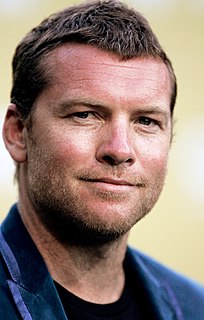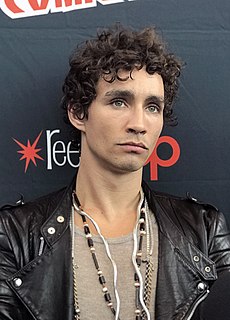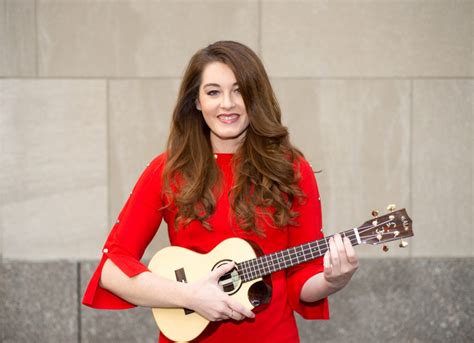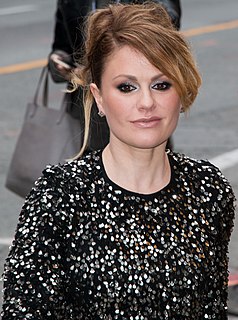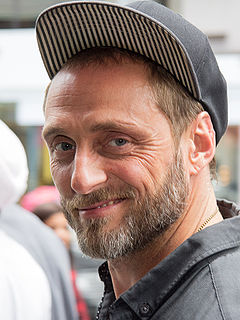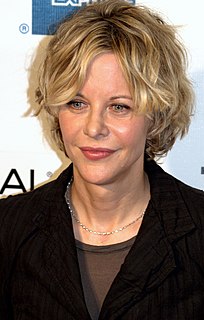A Quote by Sam Worthington
When I was in my 20s, I thought I knew who I was. And then as soon as I turned 30, I realized that person has bruises and bumps and dark parts. And you kind of go, well, that's it. I'd rather embrace it than force myself to change.
Related Quotes
As far as change, anyone from the age of 13 to 19, you become a whole new person because you grow up. There was so much that I didn't know or that I thought I knew because I was just a 13-year-old at the time who thought I knew everything. But I realized very quickly that, no, there's so much about everything that I don't. So what I've at least tried to do is accept that I don't know everything. Life is so much more fun that way. And it's easier. I've just been trying to learn, rather than to pretend that I'm perfect.
I know from the elders that it's not so easy to sustain a life in music, a presence in the music world, for decades on end. And that's what we're here for: we're thinking about the long game. If that is dependent on other people's desire for me, then it becomes extremely vulnerable to change. Rather than subject myself to that vulnerability, I'd rather embrace change and allow myself to transform, and maybe that means that what I do next week, the people who liked me last week won't like anymore, but maybe that will also lead people to like something else.
When you talk with your mother you are one person; when you go to the bank or you're with your girlfriend you are another person, and that's the way I act. Then for me, it's important that I trust a director and as soon as I do, as soon as I feel comfortable with him, then I pull something out of myself that I didn't even know I had inside of me. That's what I like about this job.
Actually, when John died, for the first time I thought - for the first time I realized how old I was, because I'd always thought of myself - when John was alive I saw myself through his eyes and he saw me as how old I was when we got married - and so when he died I kind of looked at myself in a different way. And this has kept on since then. The yellow corvette. When I gave up the yellow corvette, I literally gave up on it, I turned it in on a Volvo station wagon.
